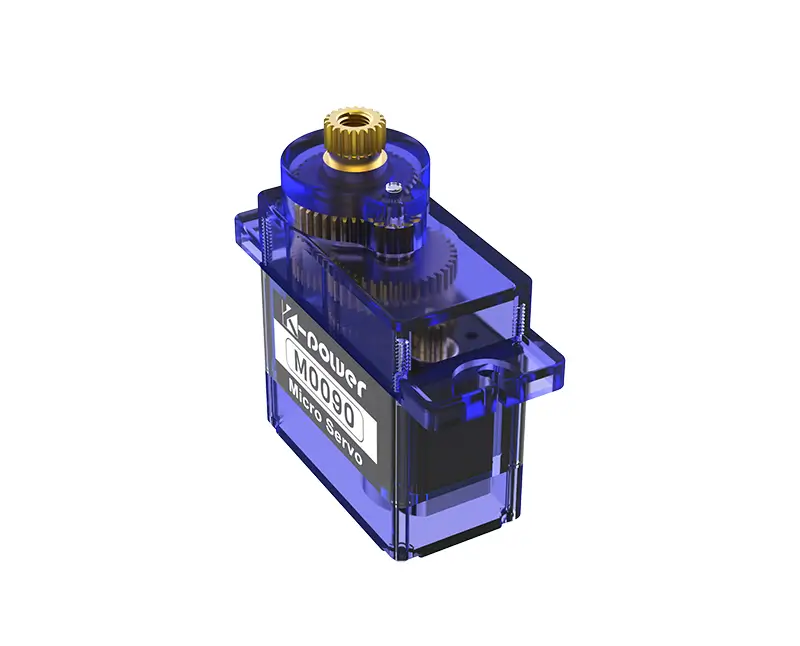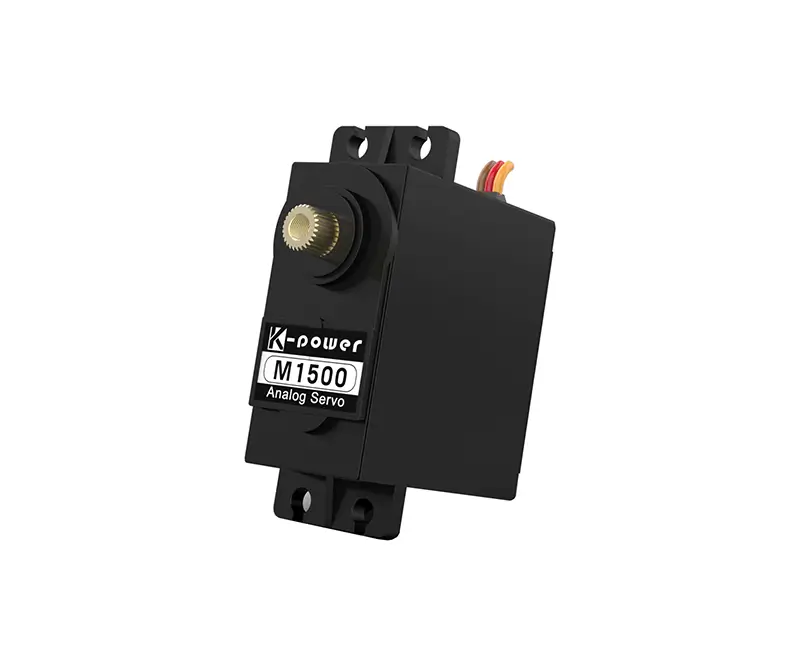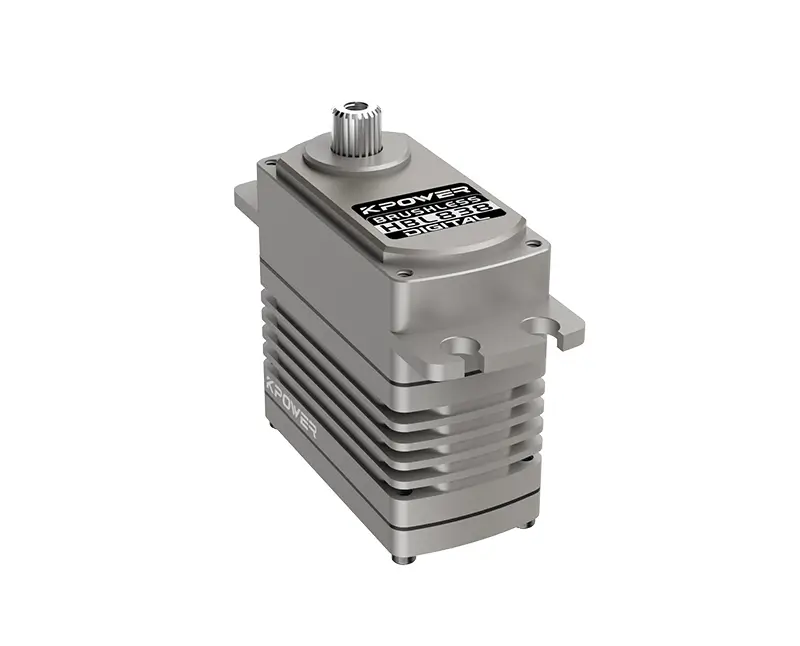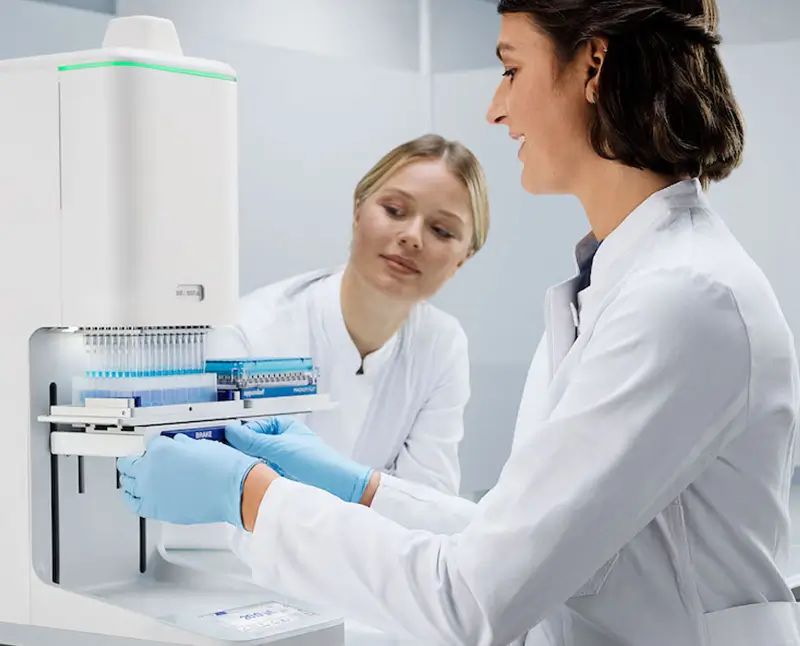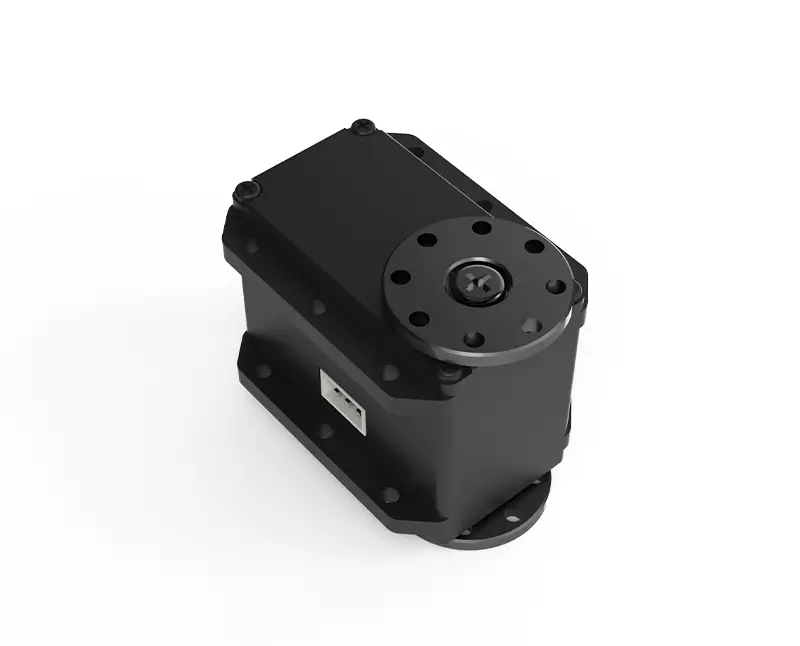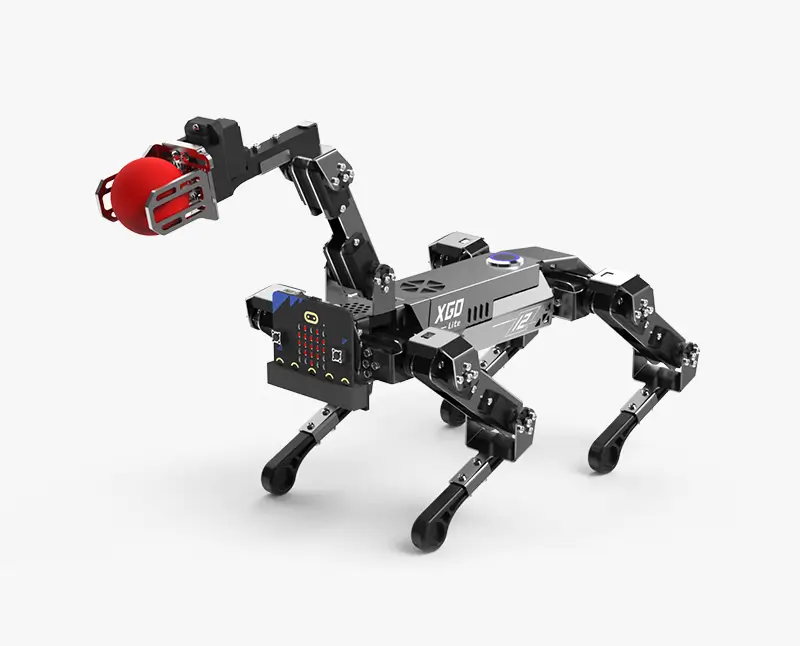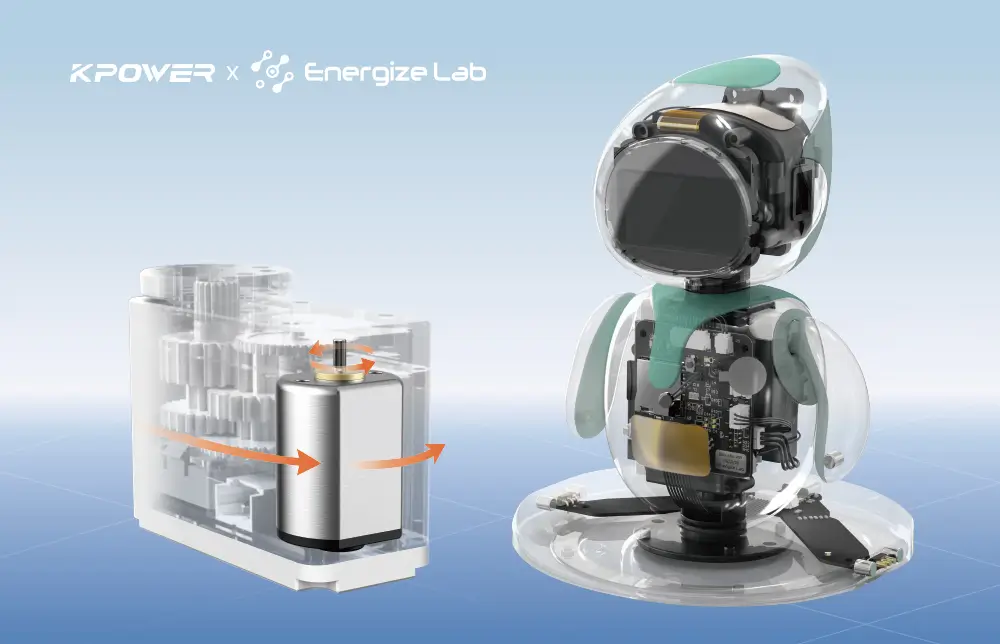In the fast-paced world of industrial automation, precision, reliability, and efficiency are non-negotiable. At the heart of this revolution lies a critical component: the industrial servo motor. These advanced motors are the unsung heroes behind everything from robotic assembly lines to CNC machinery, enabling seamless motion control and unparalleled accuracy. But with countless options flooding the market, how do you identify the best industrial servo motors for your needs? This guide dives deep into the features, brands, and innovations defining excellence in servo motor technology.
.webp)
Why Industrial Servo Motors Matter
Servo motors are electromechanical devices that convert electrical signals into precise mechanical movement. Unlike standard motors, they incorporate feedback systems (like encoders or resolvers) to continuously adjust speed, torque, and position. This closed-loop control makes them indispensable for applications demanding exactitude—think semiconductor manufacturing, packaging systems, or aerospace robotics. The right servo motor can mean the difference between flawless production and costly downtime.
Key Features of Top-Tier Servo Motors
Precision and Resolution: The best industrial servo motors offer sub-micron positioning accuracy. High-resolution encoders (20-bit or higher) ensure minimal error, even at high speeds. Torque Density: Compact motors with high torque-to-weight ratios are ideal for space-constrained environments. Look for models with advanced cooling systems to sustain performance under heavy loads. Durability: Industrial settings demand ruggedness. Motors with IP65+ ratings, corrosion-resistant materials, and reinforced bearings thrive in harsh conditions. Integration Capabilities: Compatibility with industry-standard protocols (EtherCAT, PROFINET, etc.) and plug-and-play setups reduce installation complexity. Energy Efficiency: Regenerative drives and low-power consumption designs cut operational costs while meeting sustainability goals.
Leading Brands in the Servo Motor Industry
1. Yaskawa Electric Corporation
A titan in motion control, Yaskawa’s Σ-7 and Σ-X series servo motors set benchmarks for speed and precision. Their proprietary “Quick Tuning” software adapts to dynamic load changes in milliseconds, making them a favorite in automotive manufacturing.
2. Siemens
Siemens’ SINAMICS S210 servomotors combine modularity with raw power. With built-in safety functions (STO, SS1) and seamless integration into Siemens’ TIA Portal ecosystem, they’re a go-to for smart factories embracing Industry 4.0.
3. Mitsubishi Electric
The MR-J5 series from Mitsubishi boasts a 175% overload capacity and 3.5 kHz response frequency. Their vibration suppression technology is a game-changer for applications like glass cutting or laser welding.
4. ABB
ABB’s IRB 6700 robotic systems rely on their high-inertia servo motors for heavy payload handling. Their motors excel in energy recovery, reducing net power consumption by up to 20%.
Innovations Driving the Future
The race for smarter, faster, and greener servo motors is accelerating. Key trends include:
Integrated Motor Drives (IMDs): Combining drives and motors into single units slashes wiring and space requirements. AI-Powered Predictive Maintenance: Motors embedded with sensors and machine learning algorithms predict failures before they occur. Direct-Drive Technology: Eliminating gearboxes reduces backlash and maintenance, enhancing precision in semiconductor lithography.
Stay tuned for Part 2, where we’ll explore real-world applications, cost vs. performance trade-offs, and expert tips for selecting the perfect servo motor.
In Part 1, we explored the fundamentals of industrial servo motors and highlighted leading brands. Now, let’s delve into practical applications, selection strategies, and emerging trends to help you make informed decisions.
Applications of High-Performance Servo Motors
Manufacturing Automation: Robotic Arms: Servo motors enable six-axis robots to perform intricate tasks like arc welding or pick-and-place with micron-level repeatability. CNC Machines: High-speed spindles driven by servo motors achieve surface finishes as fine as Ra 0.1 µm in aerospace component machining.
Packaging and Labeling: Servo-driven systems adjust on-the-fly to package sizes, reducing changeover time by 70% in food and pharma industries.
Renewable Energy: Pitch and yaw control in wind turbines rely on servo motors to optimize blade angles, boosting energy capture by 15–20%.
Medical Devices: MRI machines and surgical robots demand ultra-quiet, vibration-free motors—qualities delivered by frameless servo designs.
How to Choose the Right Servo Motor
Assess Load Requirements: Calculate peak torque, inertia mismatch (load-to-motor inertia ratio < 10:1), and speed profiles. Oversizing a motor wastes energy; undersizing risks premature failure.
Environmental Factors: For dusty or wet environments, opt for IP67-rated motors. High-temperature applications (e.g., metal forging) require motors with Class H insulation (180°C).
Control System Compatibility: Ensure the motor’s feedback type (absolute/incr. encoder, resolver) matches your controller. Mismatches can lead to communication errors or degraded performance.
Total Cost of Ownership (TCO): While premium motors like Yaskawa’s Σ-7 have higher upfront costs, their longevity and efficiency often yield lower TCO over a decade.
Case Study: Servo Motors in Automotive Assembly
A leading EV manufacturer replaced legacy DC motors with Mitsubishi’s HG-KN series servos in their battery module line. Result? Cycle time dropped by 25%, positional accuracy improved to ±0.01 mm, and energy use fell 18%—saving $500K annually.
The Road Ahead: Trends Shaping Servo Motor Technology
Smart Motors with Edge Computing: Motors equipped with edge processors analyze data locally, enabling real-time adjustments without PLC intervention.
Sustainability Focus: Recyclable rare-earth magnets and biodegradable insulation materials are gaining traction to comply with EU’s RoHS directives.
Miniaturization: Nano-sized servo motors (under 50 mm diameter) are enabling breakthroughs in micro-robotics and wearable medical devices.
Human-Robot Collaboration: Torque-sensitive servos with collision detection allow cobots to work safely alongside humans in assembly tasks.
Final Thoughts
Choosing the best industrial servo motor isn’t just about specs—it’s about aligning technology with your operational goals. Whether you’re automating a bottling plant or building the next-gen space rover, investing in the right servo system pays dividends in productivity, quality, and scalability. By staying ahead of trends and partnering with trusted brands, you’ll future-proof your operations in an era where precision is power.
Explore our recommended servo motor solutions and request a customized consultation to transform your automation strategy today.


































.webp)
